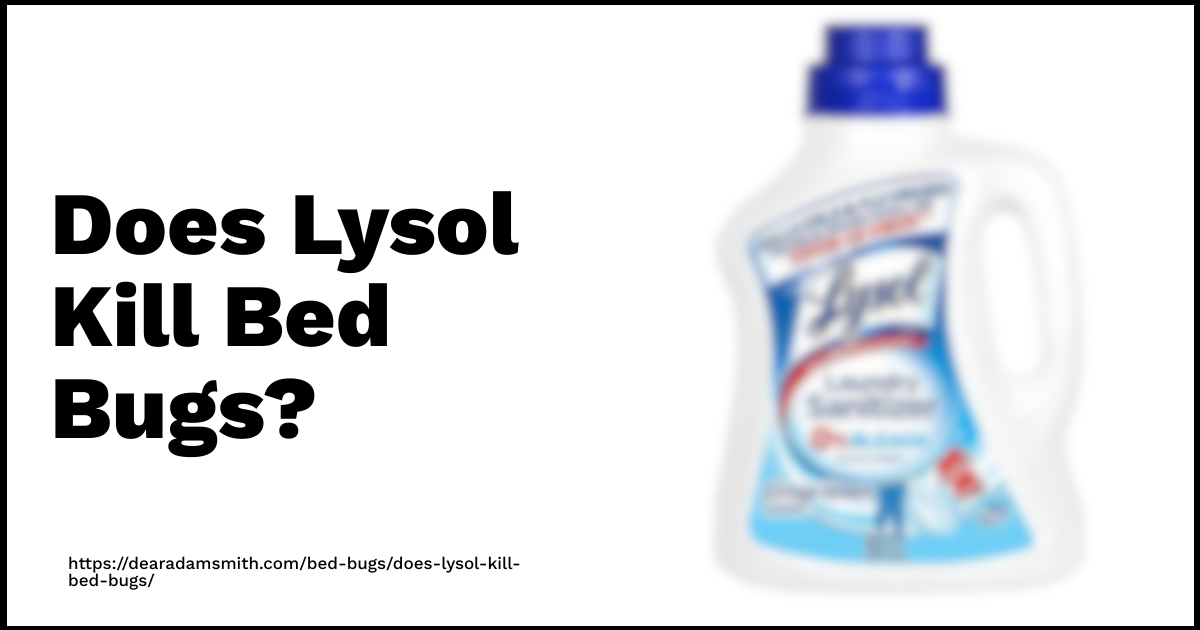
Yeah, Lysol can destroy bedbugs. When bedbugs invade your house, don’t underestimate them. They will multiply into millions of tiny sucking insects that can greatly affect your overall health. Most people ask how to get rid of bedbugs, and particularly.
When you dowse in a generous amount of Lysol mist, they die instantly. The trick is spraying bugs directly. Lysol works better when the surface remains wet, killing bedbugs when drowning in the chemical spray. But don’t underrate bed bugs; they’re extremely resilient, spread easily, and hide well.
Lysol Laundry Sanitizer Additive, Crisp Linen, 90Oz, Packaging May Vary
Crisp Linen Lysol Laundry Sanitizer Additive, 90oz May Vary kills odors and bacteria in the laundry. Simply add it to the rinse cycle of your washing machine and enjoy the clean scent! Because it contains no bleach, it is gentle on most fabrics, including whites. LYSOL® FRESH LINEN is a powerful odor eliminator that provides long-lasting freshness. Add to your rinse cycle for crisp, clean laundry every time. 0% bleach, safe for whites and colors.
- Kills 99.9% Of Bacteria
- Contains 0% Bleach
- Gentle On Most Fabrics
Look no further than Lysol Laundry Sanitizer Additive!
Plus, it’s suitable for use on baby clothes, gym clothes, undergarments, towels, bedding, and delicates.
Lysol Laundry Sanitizer Additive, Crisp Linen is perfect for keeping your clothes bacteria-free and smelling fresh.
It works in all standard and HE machines, so it’s perfect for use on baby clothes, gym clothes, undergarments, towels, bedding, and more!
Lysol Chemical Kills Bed Bug Eggs Too
Eating flying bedbugs isn’t the end of your home’s tiny pests. Sometimes, bed bugs leave millions of eggs in their houses. Do not rest easy to see dead bugs after applying Lysol spray. There’s more effort to remove bed bugs in your house. To avoid bedbug activity at home, remove the mattress cover and pillow cases and spray the inner layers. Eggs are easy to destroy, they can’t run away and hide. Only make sure all possible bed bug eggs area is coated in Lysol liquid to permanently get rid of eggs.
Related Articles
- what can i put on my body to prevent bed bug bites
- do spiders eat bed bugs
- bed bug bite disinfecting sheets and bedding
- how to get rid of ground moles with dawn soap
- bed bug repellent for skin
Steps To Follow When Using Lysol
Bedbug invasion will cause you sleepless nights. At night, Bedbugs attack; stick on your skin and suck blood mercilessly. If you suspect bed bug behavior in your bed or in your common sitting areas, take action immediately before the bugs fill your entire house. Lysol spray is an effective bed bug remedy. It doubles as a disinfectant and a bedbug hunter. When you note where the bed bugs are hidden, get your Lysol spray for the complete elimination of harmful pests.
Will Lysol Kill Bed Bugs?
Apply Lysol spray to all affected domestic areas. Spray Lysol disinfectant to destroy the eggs and any adult bugs in your room. It will help eradicate all pests in contaminated areas for good.
Using a generous amount of Lysol spray to soak bedbug-infested areas. Spray any holes and crevices in the mattress or sofa folds. When bedbugs encounter lethal Lysol chemicals, they die instantly. Once the treated areas are dry, it cannot destroy resistant bugs. Lysol spray’s effectiveness diminishes as it dries up.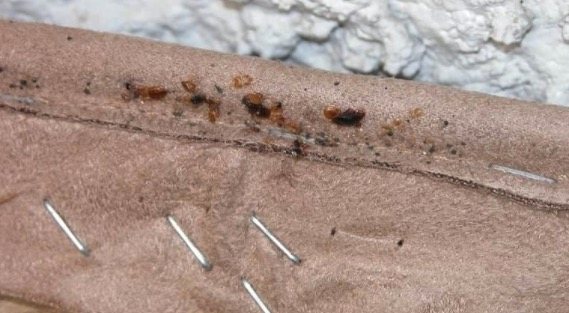
Can Lysol Kill Bed Bug Eggs?
Lysol is a synthetic home disinfectant with several chemical compounds. It is mainly used to kill microbes (typically bacteria and viruses)—those microscopic species that live in and around homes and other shared spaces like public toilets, cafeterias, and workplaces. These places need daily disinfection, hence Lysol’s need. While doing domestic chores, we come into contact with many of these microscopic organisms, particularly disease-causing bacteria, fungi, and viruses.
On shared surfaces, lysol can be used to rid some of those germs. Also, lysol can kill a common household pest: bedbugs. Lysol may destroy bed bugs when applied directly to them. However, disinfectant sprays have also been reported ineffective in killing bed bugs in controlled tests. Now, many will have the question: Can Lysol kill bed bugs? You want to know if it can kill bed bugs and how effective it is against these pests. Let’s try answering the question.
How To Use Lysol Against Bed Bugs?
Bear in mind that Lysol disinfectant sprays are aerosols, so do not puncture the can or use sprays near open flames. And make sure to just use Lysol in well-ventilated places to stop having it on your skin or eyes. Carefully not inhale. Finally, alcohol (including ethanol) can also damage certain surfaces, so be sure to read the label carefully before applying. Under no conditions should you eat Lysol or any food containing the chemical.
This ensures that all food products must be adequately covered and separated from the places you expect to use Lysol. Although using Lysol may not be the best way to get rid of bed bugs, it’s cheap and may be worth trying if you have a small bed bug population. However, it’s not recommended particularly for infestations.
Will All Types Of Lysol Work?
Before we get into whether Lysol can be successful in exterminating bed bug, let’s talk a bit about bed bugs, which will help you put the whole matter in the right perspective. The first thing to know about bed bugs is they don’t just stay on your bed, sofa, or other surfaces. Since bed bugs need only feed about once a week. That means they just have to surface every week wherever they reside to nibble at humans. The rest of the time, they prefer being out of sight, concealed from view. Now, Lysol’s going to kill bed bugs?
Yes, it’ll. The explanation is Lysol’s high ethanol content, which can destroy bed bugs on contact. There are some caveats about this approach, however. The biggest one is that Lysol needs to be sprayed on the bed bugs to ensure they die. Spraying in the field and hoping they’ll step into it later won’t work. @11@ When it comes to bedbug larvae, Lysol’s prognosis isn’t nice.
The eggs of a bed bug have an efficient protective environment designed to enable the bed bug to live before they are born into the world. Therefore, eggs have adequate protection to withstand contact with several chemicals, including those in Lysol. @12@ There are several different forms of lysol used for various purposes. All will work about the same for killing bed bugs, however, with some notable exceptions. Any Lysol spray with no high alcohol content will not be effective against bed bugs. Usually, as described before, Lysol has 79% ethanol content, which is why it can be used to destroy bed bugs when sprayed on them.
However, certain types of Lysol intended for various purposes instead of disinfecting different surfaces do not have the alcohol content to do the job. Check the ingredients label before attempting to kill bed bugs with the lysol you have. Also, make sure the spray you use doesn’t harm the surface you spray on. For example, if you spray a sofa, you want to make sure the lysol won’t damage your upholstery or fabric. @13@ Let’s get to the specifics, then. How is Lysol best used against bed bugs?
Bear in mind what we discussed earlier, including the fact that Lysol is better sprayed directly on an infested area. Therefore, by using Lysol to destroy bed bugs, you really have to get into surfaces and places where you know bed bugs to hide. If your mattress is an issue, you must get into the seams, under the mattress, and everywhere else you can think of. @14@ Using Lysol to kill bed bugs entails certain risks. The first and most pressing danger is your Lysol won’t do the job.
Note that the effect of Lysol on bed bugs would be very marginal, so Lysol can’t be your only solution to the issue, as the eggs will eventually hatch and you’ll have new bugs. You should be as vigilant with Lysol as with other products like boric acid and bleach Summary of Although using Lysol may not be the best way to get rid of bed bugs, most forms of Lysol’s alcohol content may be effective in killing bed bugs when sprayed directly on them. With proper care, as part of a larger overall extermination campaign, this can be a cost-effective way to eliminate the bedbug population.

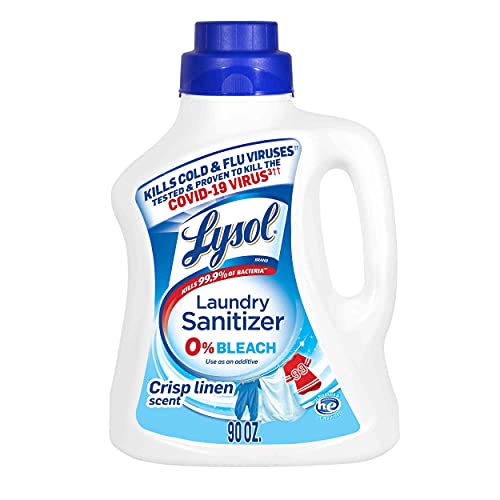







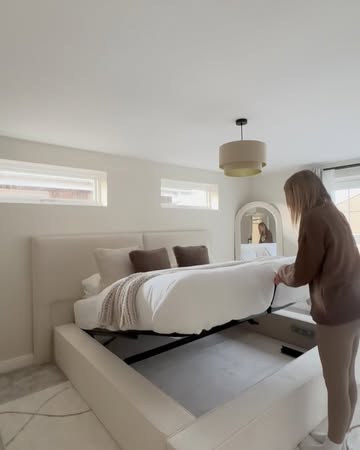





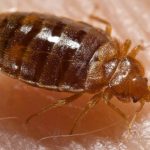







:fill(white)

